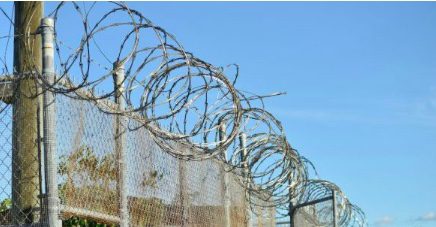
Forced prison labor system- in Florida it can be deadly
Florida’s prison system, the third largest in the U.S., relies heavily on forced labor to keep its facilities running and support various government agencies. Approximately 80,000 incarcerated persons across 128 prisons, including 20 work camps, are compelled to perform a range of tasks without pay. These duties include cleaning toilets, preparing food, road construction, and hurricane preparation for county agencies. Incarcerated individuals are forced to work under threat of punishment, solitary confinement, and sometimes even physical abuse if they refuse.
Unbeatable profits
A glaring example is Aramark’s In2Work program, which uses incarcerated labor to make premium meals for other inmates, sold to their families and friends, without providing any compensation. Julius Smith, who entered the Florida prison system at 18, shared with The Guardian, “If we don’t do the work, then the prison does not operate.” This coerced labor is essential for the prison system’s daily operations which politicians and prison authorities across the country readily admit.
A 2022 ACLU report exposed the widespread use of forced labor in U.S. prisons, revealing that inmates produce $2 billion in goods and $9 billion in services annually, with negligible or no compensation. Seven states, including Florida, pay nothing for prison labor. If an incarcerated person refuses to work for free, they can be denied family calls and visits, put in solitary confinement, and refused parole.
